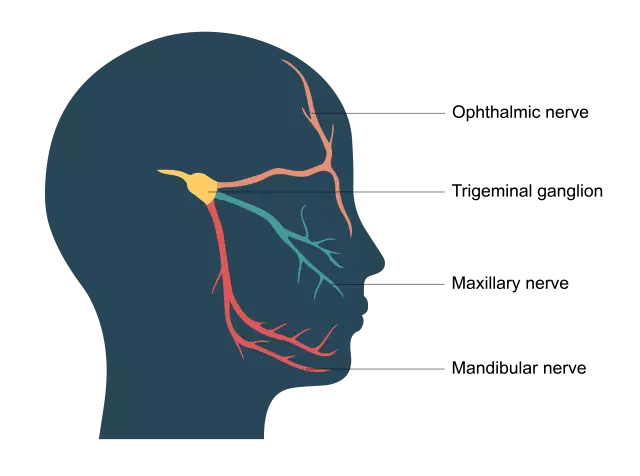- Author Rachel Wainwright wainwright@abchealthonline.com.
- Public 2023-12-15 07:39.
- Last modified 2025-11-02 20:14.
Orange feces
Orange feces are a clinical symptom of a certain disease of the internal organs, an inflammatory process, or a disturbance in the functioning of the digestive system.
Causes of orange feces
Orange feces are mainly a symptom of an internal illness that requires immediate treatment. But, in some cases, the orange color of feces can be caused by eating foods with a lot of keratin, multivitamins, and medications. Stool color will return to normal within 2-3 days.
Pathological changes in stool color are often associated with diseases of the pancreas, liver, kidneys and with disorders of bile secretion. Orange feces in a child indicate the content of a large amount of bile pigments, which is associated with a violation of metabolic processes. The saturation of the stool color shows the stage of development of the disease or pathological process.

Often, orange stool in infants can be the result of poor absorption of breast milk. Also, feces can have an unpleasant sour odor and be colored yellow, orange and brown when using artificial mixtures (a reaction to bilirubin is manifested).
If the cause of the orange color of feces is problems with the biliary tract, then the pathological process is a consequence of excess bile production.
It should be noted that the orange color of feces in a child and an adult patient may be the result of infection and intoxication of the body. In this case, there is an increased body temperature, chills, diarrhea, nausea and vomiting. In the absence of proper treatment, poisoning leads to dehydration.
Intestinal disruptions and impaired digestion of food can cause pathological changes in the color of feces, but they are usually short-lived.
Types of diseases with orange stool
If the orange color of the stool is associated with the consumption of large amounts of fruits and vegetables containing keratins, as well as food additives and medications (rifampin, etc.), then after stopping them, the color of the stool will return to normal. In other cases, the orange color of feces is a manifestation of various diseases, which include:
- hepatitis and other liver diseases;
- cystitis;
- disorders of urinary processes;
- violations of the outflow of bile;
- lung disease;
- peptic ulcer, gastritis, colitis and other diseases of the digestive system;
- stones in the gallbladder;
- hormonal disorders.
Treatment for orange stool

For the treatment of diseases that caused the orange color of feces, it is necessary to conduct a complete diagnostic examination, determine the stage of the course and the presence of complications. If the disease is infectious, then immediate hospitalization is required. To recover from poisoning, correction of the water balance and restoration of the intestinal microflora are prescribed.
In the presence of orange feces, the doctor prescribes a special examination of the feces, which is aimed at identifying the formed elements in it. Leukocytes and erythrocytes in feces indicate an inflammatory process in the intestine, and they can also help determine the presence of a purulent process.
If stones are found in the gallbladder, surgery is prescribed to remove them. If an infection is detected in the orange feces, then drug therapy is prescribed, including antibacterial, anti-inflammatory and tonic drugs. A course of strong antibiotics is necessary in the presence of severe infectious processes.
YouTube video related to the article:
The information is generalized and provided for informational purposes only. At the first sign of illness, see your doctor. Self-medication is hazardous to health!






